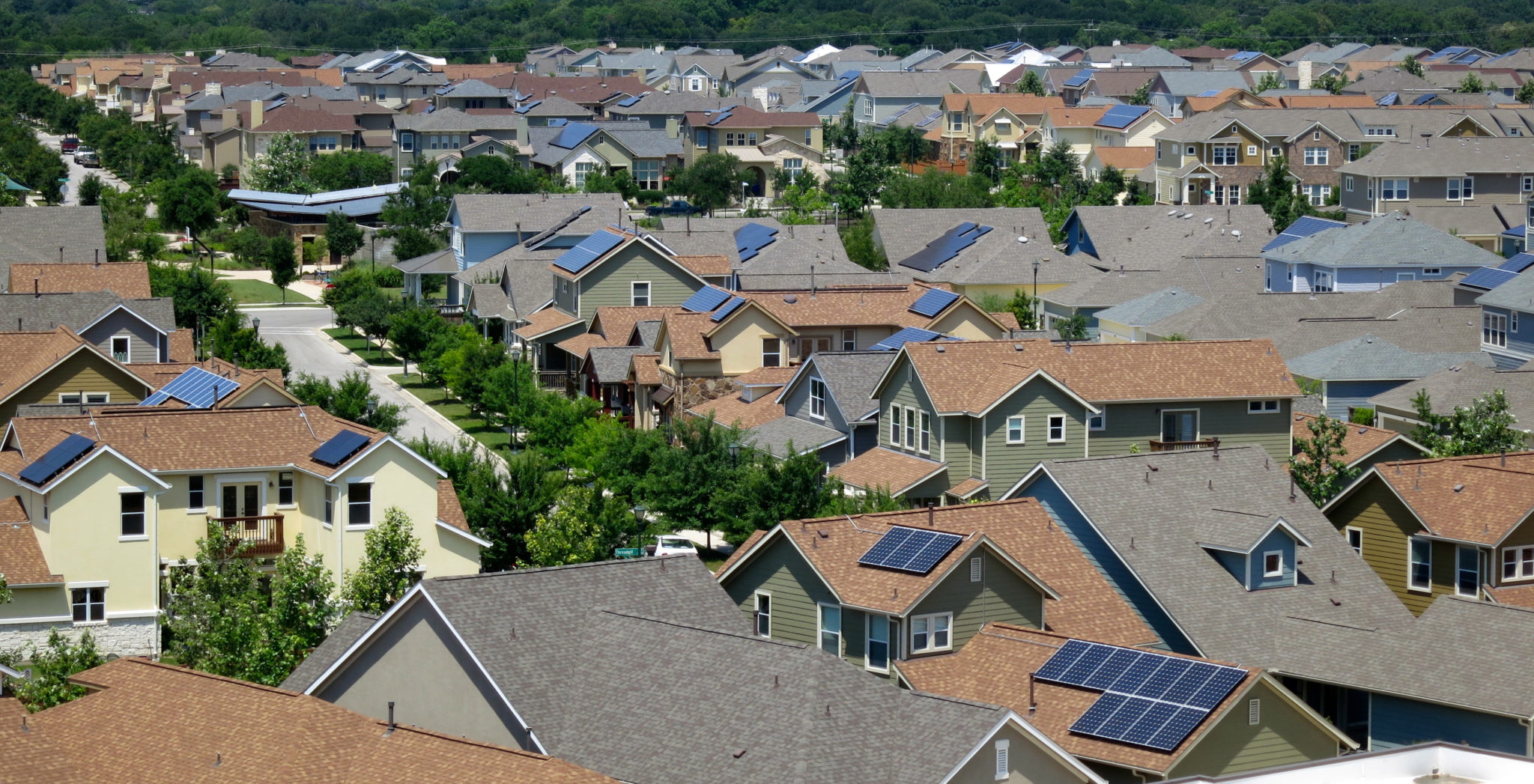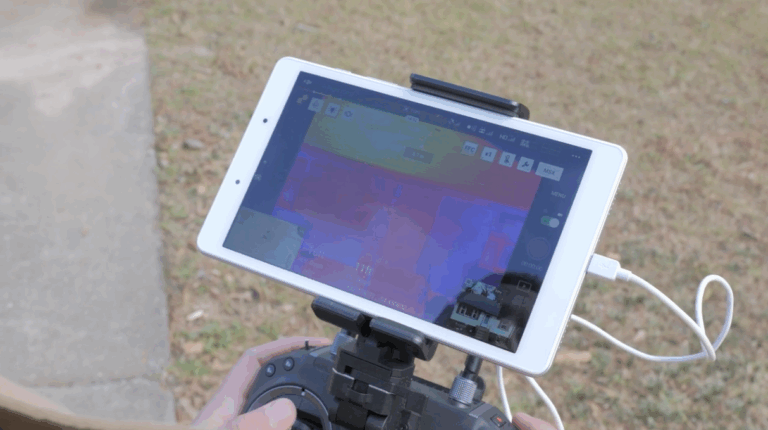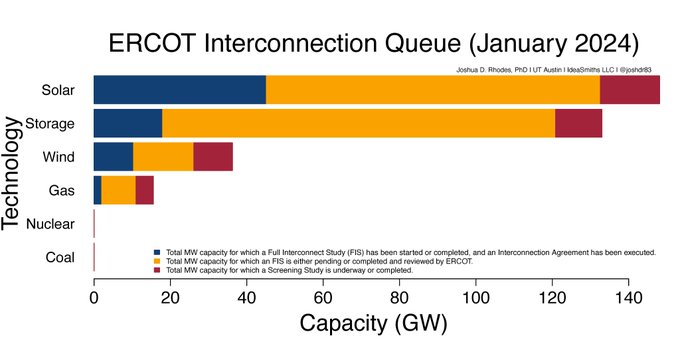February 13, 2019
(AUSTIN – February 13, 2019) — Austin-based Pecan Street Inc. will conduct the field testing and data management for a University of Michigan study that will tackle two of the electricity industry’s biggest challenges – management of renewables intermittency and management of heating, ventilation and air conditioning (HVAC) load growth – the latter of which is projected to be one of the top drivers of global electricity demand and carbon emissions over the next few decades.
The funding is provided by the Advanced Research Projects Agency-Energy (ARPA-E) at the U.S. Department of Energy. The award was one of 40 2018 ARPA-E projects, totaling $98 million.
“Heating and cooling homes and businesses consumes a significant portion of our total electricity, and that demand is growing,” said Pecan Street CEO Suzanne Russo. “Making these systems smarter, more responsive, and more compatible with renewable electricity will be key in reducing overall greenhouse gas emissions.”

According to the International Energy Agency, air conditioners and electric cooling fans account for nearly 20 percent of the electricity used in the world’s buildings and is “one of the most critical blind spots in today’s energy debate.”
The project will be led by Assistant Professor Johanna Mathieu at the University of Michigan and will examine demand response algorithms for residential heating and cooling systems.
The team plans to monitor the distribution system (low voltage lines and equipment) while evaluating how aggressively they can control the HVAC loads to help balance supply and demand. In addition, researchers will look at the tradeoff between good communications, which allows for better control of the loads but is more expensive, and less communications, which allows for less accurate load control but is more cost-effective. The three-year project includes a simulation phase (year one), an experimentation phase (year two), and a field-testing phase (year three).
The field-testing phase will be conducted in Austin with 100 volunteer homes that participate in Pecan Street’s energy research.
“We have the potential to provide a low-cost, easily implementable approach to improving grid reliability, public health and the environment,” Dr. Mathieu said. “And it’ll be good for the economy long-term, because it should eventually reduce the overall cost of energy.”
About Pecan Street Inc.
Pecan Street is an energy and water research organization based in Austin, TX. Our network of volunteer research participants is the first of its kind on the planet and has become an international model for how to develop and operate real-world energy and resource research. Our commercialization lab is a world-class proving ground for major corporations and startups alike. Our database, the largest source of disaggregated customer energy data, is used by university researchers and industry-leading companies around the world. Visit pecanstreet.org.
Contact
Rachel Jenkins, Pecan Street Inc., media@pecanstreet.org, 210-602-3319.

















